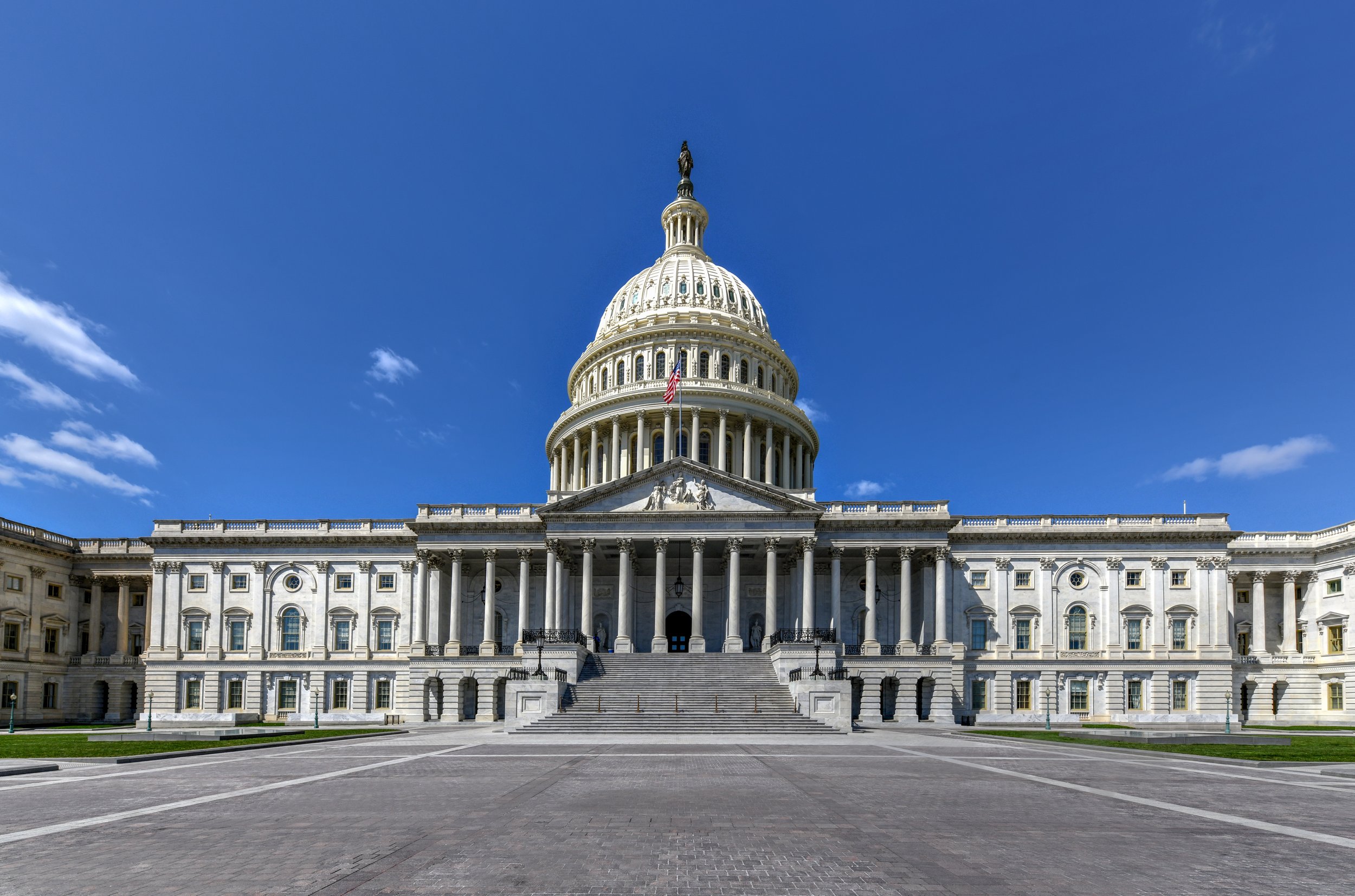The threat of judicial gerrymandering in Pennsylvania
The Pennsylvania Supreme Court has repeatedly blocked efforts to gerrymander legislative districts in Pennsylvania. Rather than simply accepting an even playing field for future elections, some Republicans in the state legislature have chosen a more radical approach: change Pennsylvania’s Constitution and gerrymander the Pennsylvania Supreme Court itself. And then, with a more receptive judiciary in place, they can gerrymander the legislative districts.
Currently, judicial gerrymandering is impossible in Pennsylvania because all appellate judges are elected statewide. But there is a bill moving through the legislature, HB 38, that would amend the constitution to overhaul Pennsylvania’s judicial elections and enable judicial gerrymandering. HB 38 would eliminate statewide judicial elections and replace them with judicial districts drawn by the state legislature every ten years. According to a study by Spotlight PA, no other state in the entire country uses that system for electing judges. Why? Because it’s an awful idea. It would undermine the separation of powers, politicize the judiciary, disenfranchise Pennsylvania voters, and encourage dark money.
First, HB 38 would undermine judicial independence from the legislative branch. The judiciary is one of three co-equal branches of government designed to be a check on the others, including the legislature. It reviews and interprets laws passed by the legislature and ensures they meet constitutional muster. HB 38 would tip that balance of power by allowing the legislature to shape Pennsylvania’s appellate courts, including the Supreme Court,by gerrymandering judicial districts. And if a court issued an ruling opposed by the party in power, the legislature could punish specific judges by redrawing their districts. Second, HB 38 would further erode judicial independence by politicizing the judiciary. If judges are accountable only to voters in certain districts, then they will inevitably represent the narrow interests of those specific voters. But the role of Pennsylvania’s appellate judges is to interpret the law and the Constitution for the entire Commonwealth, not for specific districts alone.
Third, HB 38 would take power away from Pennsylvania voters to choose their judges. As a swing state, Pennsylvania’s statewide elections tend to be competitive. Because judicial districts would be far more politically homogeneous than Pennsylvania as a whole, there would be fewer contested races. Additionally, non-competitive judicial districts would lead to more ideologically extreme judges. Fourth, elections in judicial districts would be subject to greater influence from special interests and dark money. Since the electorate for any given race would be much smaller, dark money would go further in impacting election outcomes.
While there are plenty of important reasons to oppose HB 38, it’s hard to find a good reason to support it. Advocates of HB 38 have claimed that it would increase geographic diversity in the Pennsylvania judiciary. It’s worth noting that judges on the appellate courts already hail from a broad mix of counties. But more importantly, we know that the arguments about diversity are disingenuous, and we should not pretend otherwise. The real purpose of HB 38 is obvious: it is a naked power grab by Republicans in the state legislature.
In recent years, Pennsylvania Republicans have increasingly sought to undermine democratic institutions in order to gain power. Time and again, the Pennsylvania Supreme Court has stood in the way. In 2018, the Court struck down gerrymandered Congressional maps drawn by the Republicans. In 2020, the Court rejected Republican efforts to restrict voting access before the election, and it later dismissed a Republican lawsuit seeking to overturn the election results. This year, the Court has once again helped prevent Republican gerrymanders of Congressional and state legislative districts. Pennsylvania Republicans want free rein to gerrymander legislative maps, restrict voting rights, and overturn elections. If they’re able to gerrymander the Pennsylvania Supreme Court, then they may get their wish.
Simply put, HB 38 is a radical, hyper-partisan bill that would fundamentally alter Pennsylvania’s Constitution. It creates a system for judicial elections that invites all types of problems: gerrymandering, politicization, dark money, polarization, and more. And we know that these problems are not just theoretical; for some Republicans in the state legislature, they are a feature not a bug. A gerrymandered, politicized judiciary will make it easier for the Republican Party to seize control of the courts in Pennsylvania and enact its anti-democracy agenda. All Pennsylvanians who care about the judiciary, or democracy more broadly, should reach out to their legislators and urge them to oppose HB 38.

